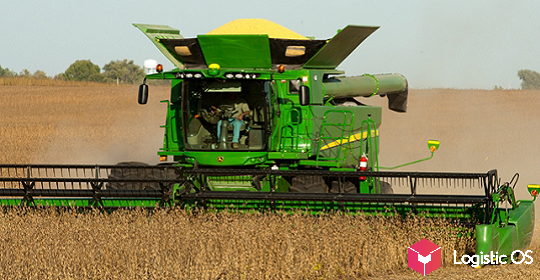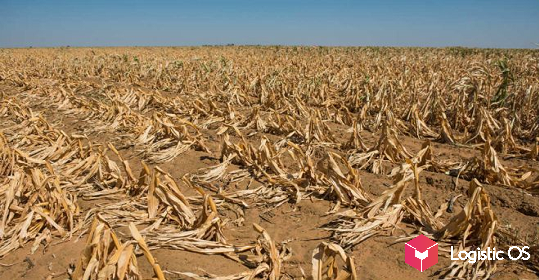Currently, the negative dynamics continue in this market, and there are no reasons for a trend reversal yet, experts believe.
According to statistics, in the first half of the year, Russian farmers purchased domestic agricultural machinery for about 89 billion rubles.
This is 30% less than in the same period of the previous year, which can be considered an extremely negative trend.
Currently, the rate of decline in the market is still at 30-32%. Therefore, equipment manufacturers already understand that 2025 will probably be even worse for them than 2024.
And this is despite the fact that last year was already considered one of the worst in the last decade. Thus, we see that both production and sales of Russian agricultural machinery are actively declining at the present time.
At the same time, Russian manufacturers note that the authorities are taking the necessary measures to support and stimulate the market, but they are not enough to have a real impact on the current situation.
In particular, we are talking about the preferential leasing program, which implies a reduction in the interest rate on loans that companies take out to purchase machinery.
However, the funding allocated by the government for this program is insufficient, experts emphasize. For this reason, it does not allow everyone who needs to purchase new agricultural machinery to use it.
In addition, today the Russian market as a whole is in difficult conditions.
On the one hand, it is extremely negatively affected by the prohibitively high key rate of the Central Bank, on the other hand, the profitability of the agricultural business is also low due to the decrease in prices for most types of agricultural products on world markets, as well as export duties that do not allow for high profits.
It turns out that agricultural producers actually have no available financial resources, and they cannot attract them on credit either. Accordingly, equipment manufacturers also do not have sufficient financial receipts.
As a result, the current situation has an extremely negative effect on both markets, especially considering that the lack of modern equipment has a negative effect on both crop yields and cost prices.
However, a small reduction in the key rate, according to experts, is already beginning to have a positive effect on the market: some farmers have again begun to invest their free funds in business, including in the purchase of agricultural machinery.
If the Central Bank continues its easing policy, then this will most likely solve most of the problems in the agricultural machinery market, experts are sure.

